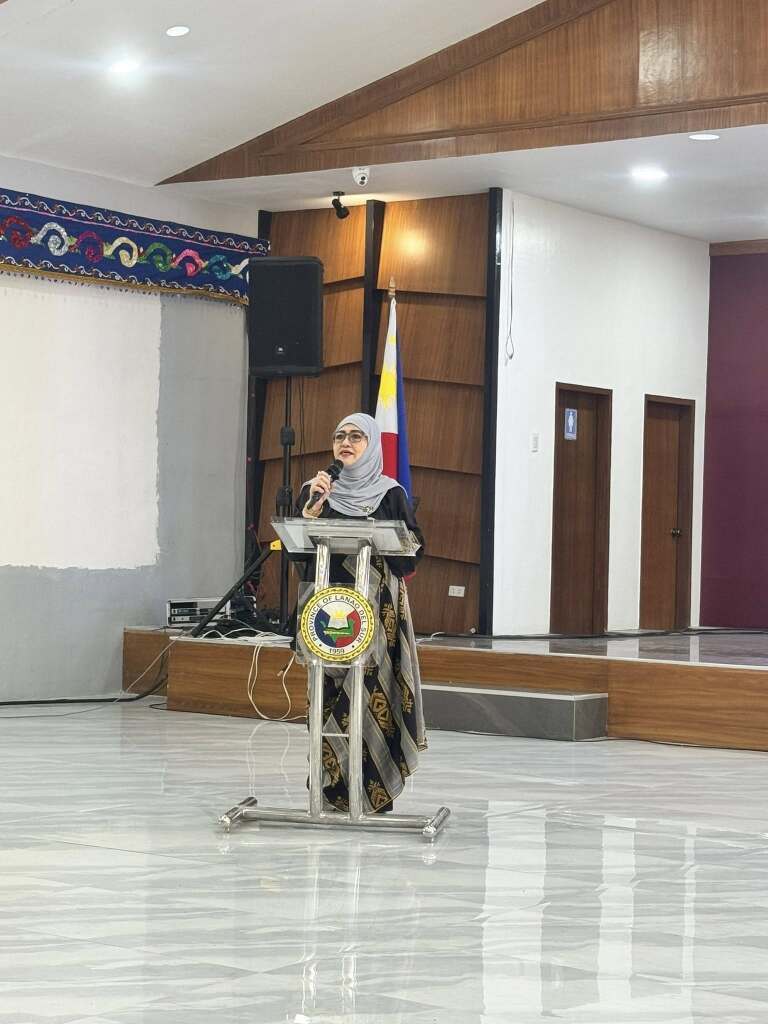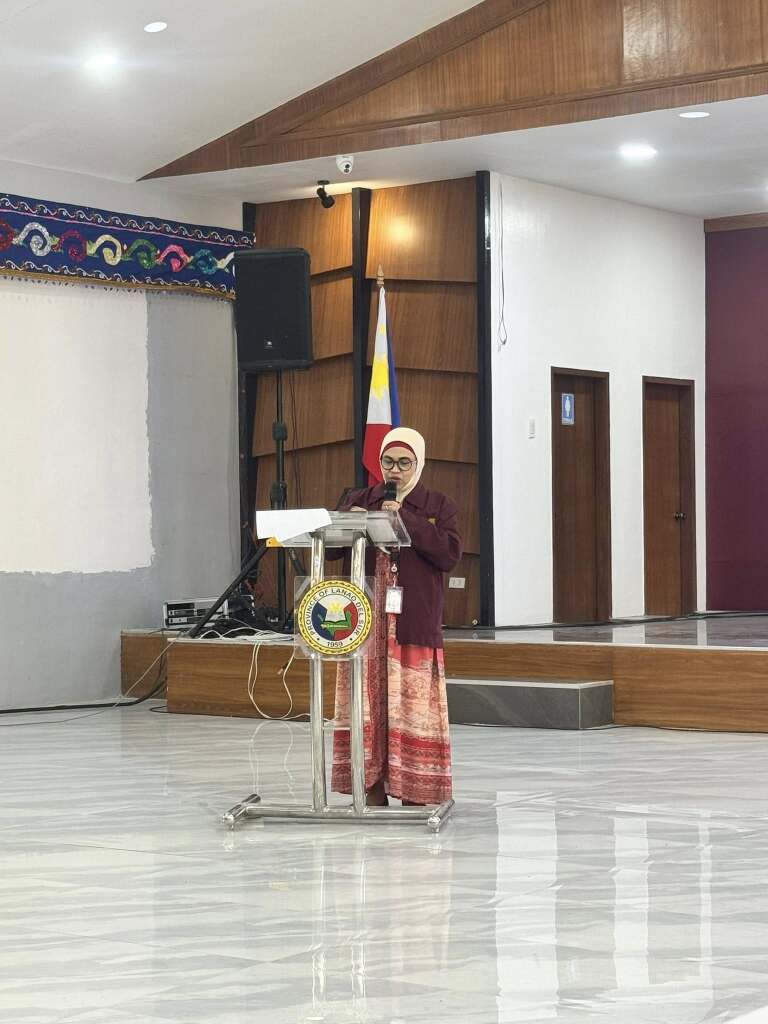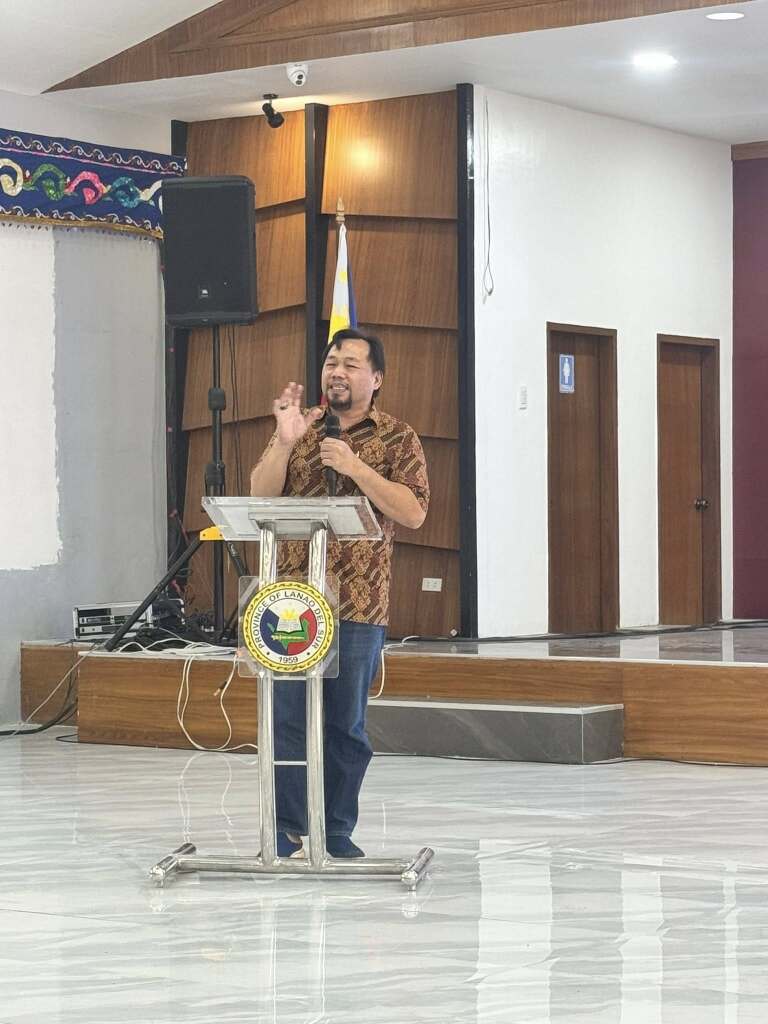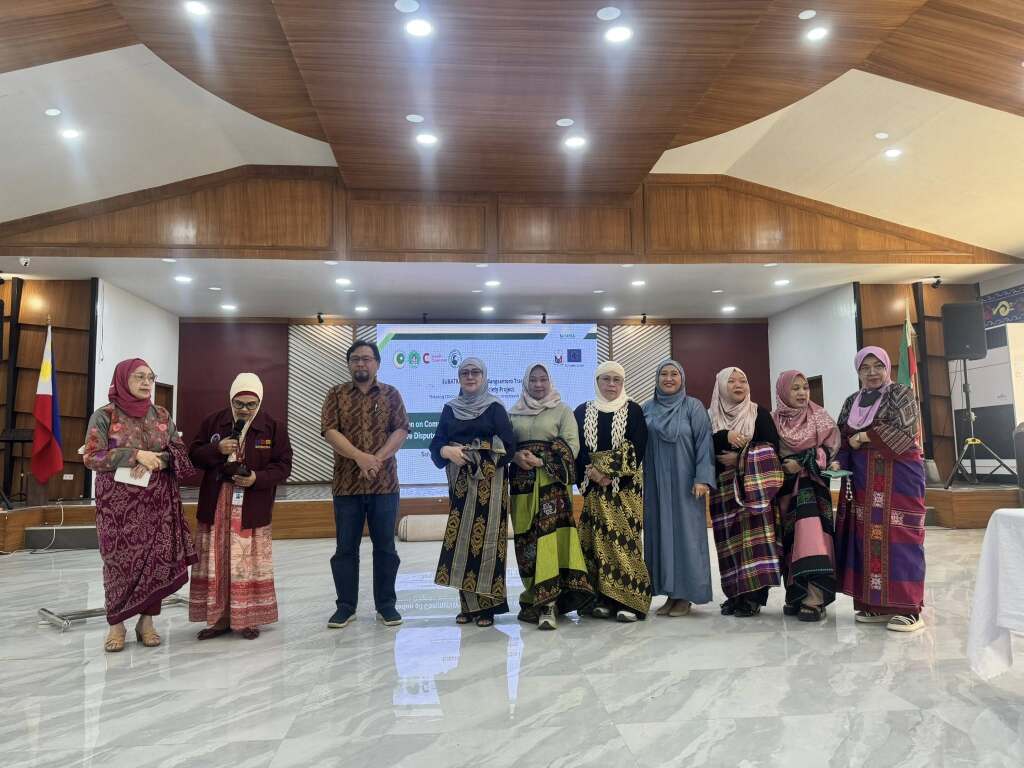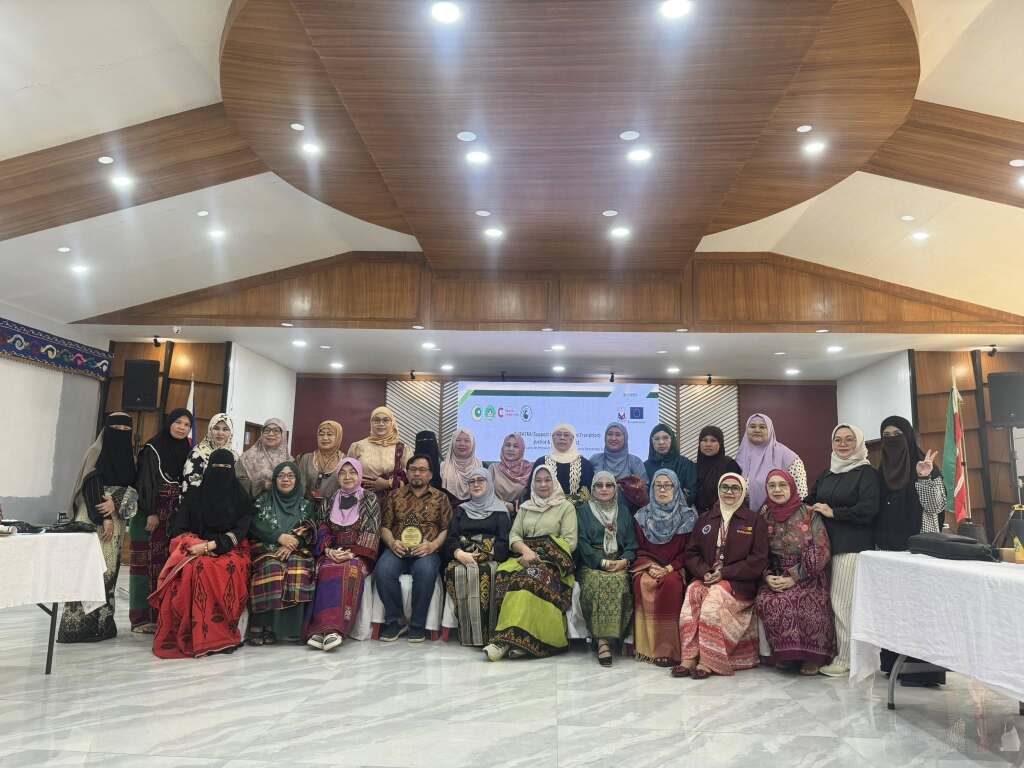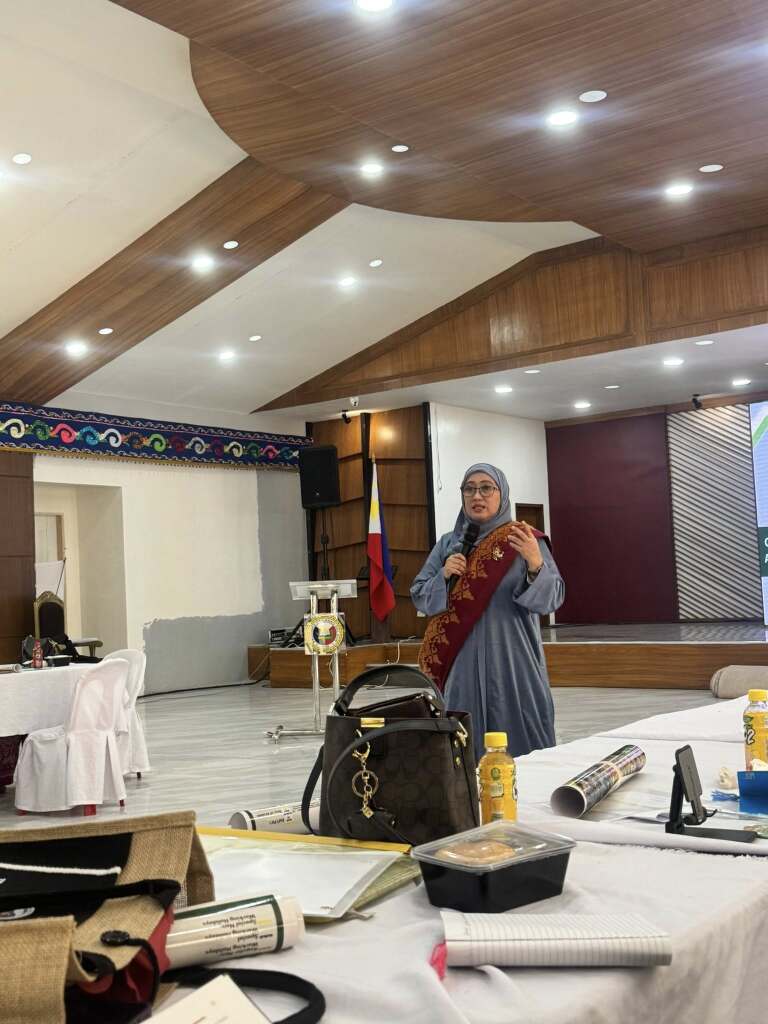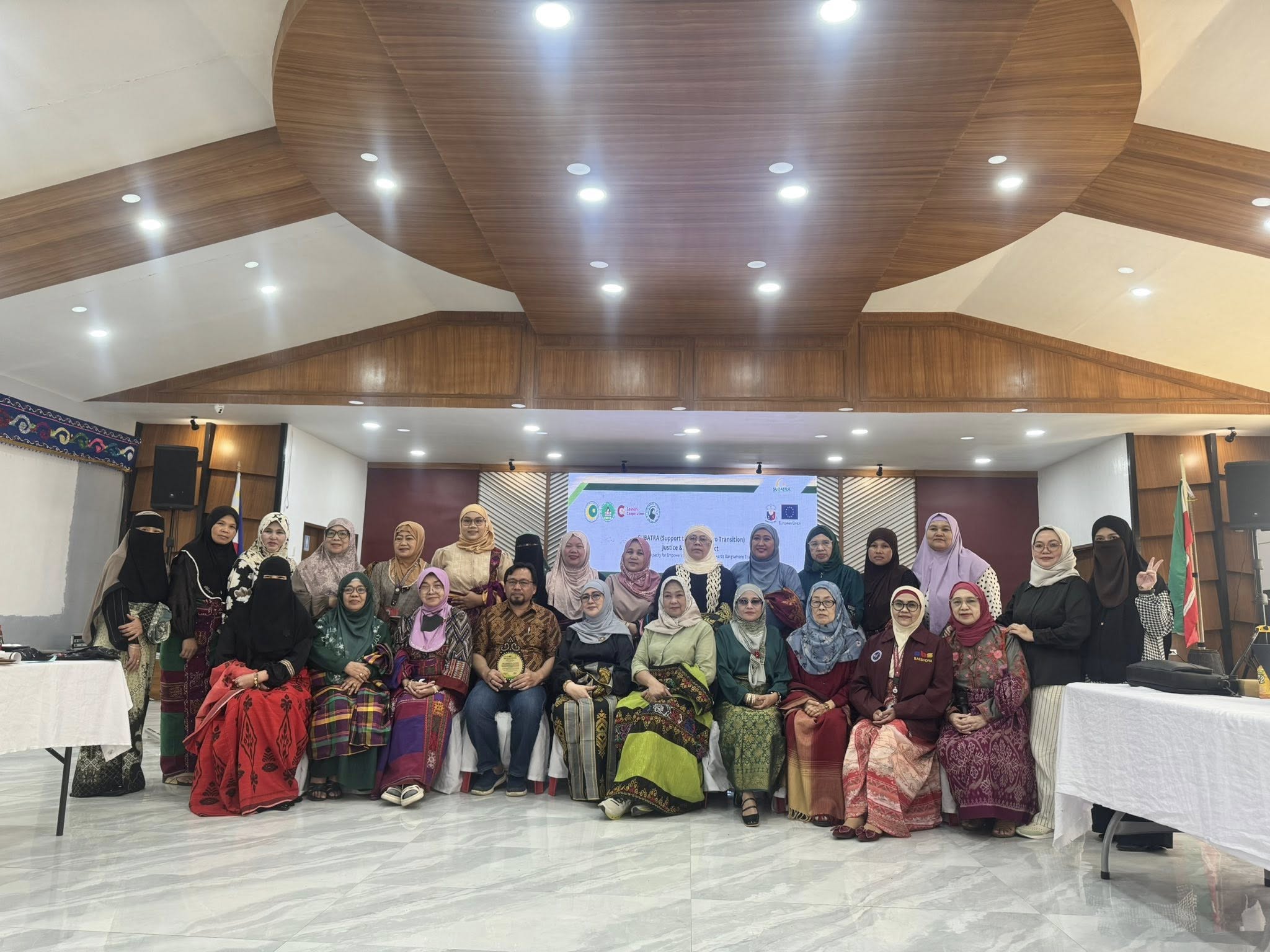Aliah Pacalna Cali-Pascan, DPA, JD., Sh.L
On Wednesday, June 25, 2025, a significant orientation on community-based procedures for mediation through Alternative Dispute Resolution (ADR) and Women, Peace, and Security (WPS) was successfully held at the social hall of the Provincial Capitol in Lanao del Sur. The event was a collaborative effort by Bae a Tomanor (BT”ARA), in partnership with SUBATRA (Support to Bangsamoro Transition), and was notably organized by the Consortium of Bangsamoro Civil Society (CBCS).
The orientation commenced with a warm welcome address by Bae Norhata Alonto, Chairman of the Board of Directors for Bae a Tomanor. She underscored the crucial significance of the orientation in empowering local communities. Bae Noni Lao, President of Bae a Tomanor, outlined the flow of the event and discussed the organization’s future initiatives. Baelabi Shora Sabdullah extended an acknowledgement to all the participating attendees.
Dr. Baelabi Aliah Pacalna Cali Pascan introduced the first and second speakers of the day. Dr. Acram Latiph, Executive Director of the Institute for Peace and Development in Mindanao (IPDM), served as the first resource person. He provided comprehensive insights into community-based mediation procedures, highlighting the essential qualities of a mediator. Dr. Latiph reinforced the importance of mediation by citing relevant verses from the Holy Qur’an and shared his personal experiences and values concerning the prospective role of a mediator. His presentation was followed by an interactive question-and-answer session.
The second speaker was Dr. Jehanne Mutin, who delivered a compelling presentation on Women, Peace, and Security. She addressed various challenges that Bae a Tomanor is poised to tackle and presented relevant policies. Dr. Mutin also discussed the potential for developing a manual in the Meranaw dialect to further support these initiatives.
IPDM expressed its strong support for such valuable activities aimed at fostering peace and resolving disputes within communities.
The active involvement of the Consortium of Bangsamoro Civil Society (CBCS) in organizing this event underscores their commitment to empowering local communities and strengthening civil society’s role in peacebuilding and governance within the Bangsamoro region. As a solidarity network of Bangsamoro NGOs and other civil society organizations, CBCS plays a vital role in advocating for peace, human rights, good governance, and development across Mindanao.
